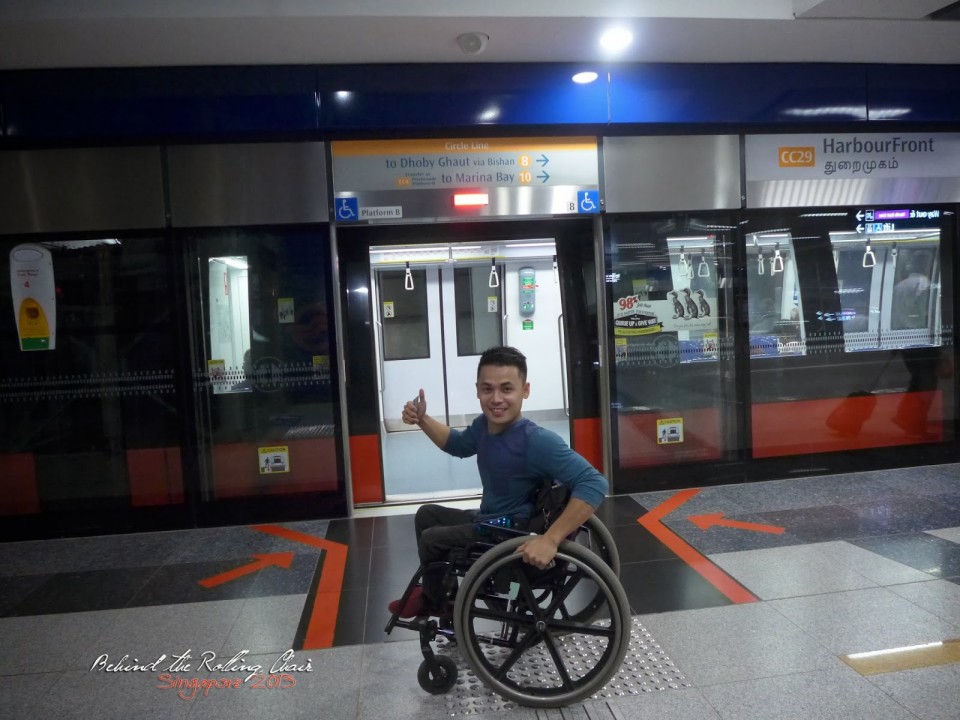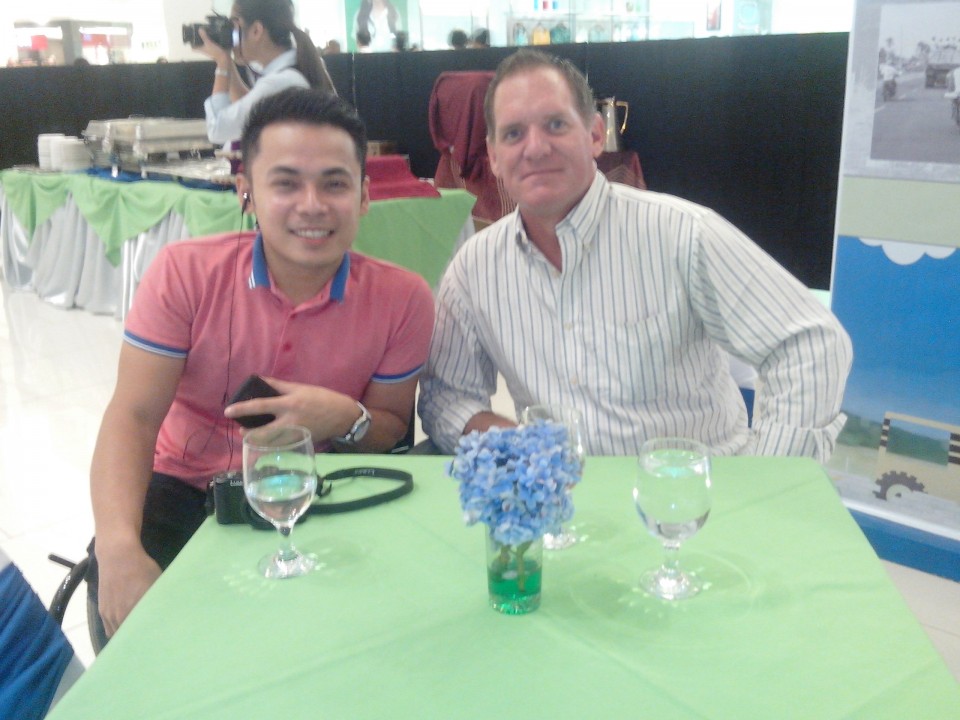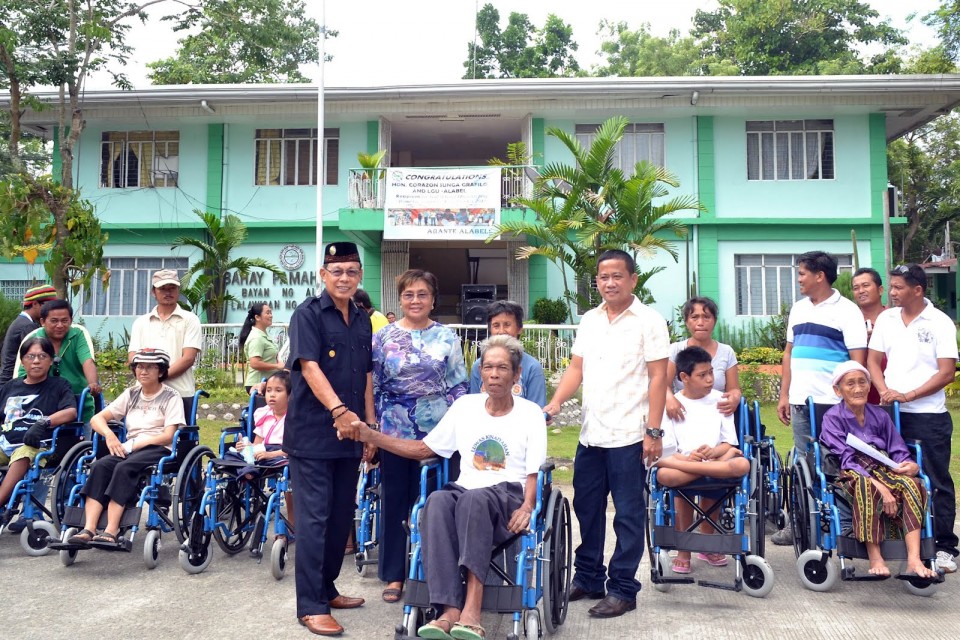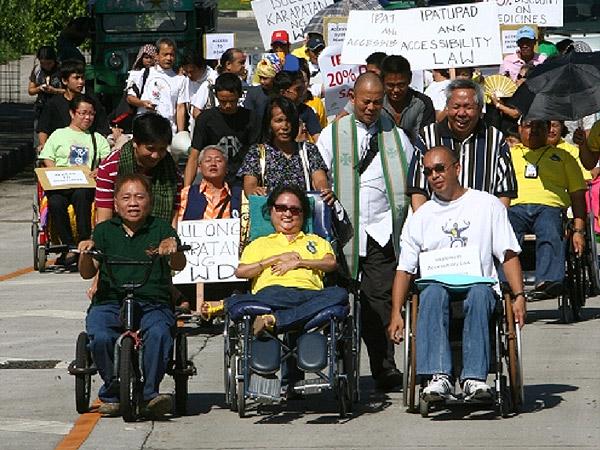
Life can be tough for disabled people in the Philippines, but there are laws in place designed to protect them.
Republic Act 7277, the Magna Carta for Disabled Persons defines Disabled Persons as those “suffering from restriction or different abilities as a result of a mental, physical, or sensory impairment, to perform an activity in the manner or within the range considered normal for a human being.”
R.A. 7277 was amended by Republic ACT 9422 granting additional privileges and incentive to disabled people.
It states that “Identification Cards shall be issued to any bonafide PWD with permanent disabilities due to any one or more of the following conditions: psychosocial, chronic illness, learning, mental, visual, and orthopedic, speech and hearing conditions.”

This issue lies in the troublesome situation is that the word ‘chronic’ in definition means – a condition that is persistent or otherwise long-lasting in its effects. The problem is that same definition in fact leads people with HIV, asthma, diabetes, cancer, lupus and many other types of diseases into this category.
An additional problem is that many of those that have illnesses that cannot be seen on the outside are being denied drug and other assistant materials by drugstores and establishments that are suppose to grant them discounts.
In a 2011 a memo to the City Social Welfare Office in Alabang, Social Welfare Undersecretary Alicia R. Bala made the policy that those with chronic illnesses are to receive a 20 percent discount.
Bala said, “It should be disability resulting from chronic illness that should be included in the ID.”
“For persons with skin allergy or asthma, although it is under chronic illness yet it is not included as disability whereas for diabetic person, if such illness results to a partial or total blindness, then a person can be considered PWDs because it affects his/her vision,” Bala further said.
Paz, a 40-year-old PWD who’s currently dealing with scoliosis, also expressed her frustration towards the government for not having enough facilities to accommodate them.
“People line up for hours to catch the MRT, taxi stands, and in bus stops, I don’t understand why the government is not doing anything for us,” she complained.
Carmen Reyes Zubiaga, director of the National Council on Disability Affairs, said “the LRT and MRT are implementing a special coach for PWDs, senior citizens, and pregnant women – they have to be in the priority lane. All they have to do is to show their PWD IDs.”
The Accessibility Law or the Batas Pambansa Blg. 344 t mandates certain buildings, institutions, establishments, and public utilities to install facilities and other devices that can help accommodate PWDs.
“Although some institutions and establishment have implemented the necessary changes for PWDs, it’s [still] very sad to say that after more than 30 years of being a law, it’s only now that government agencies and even the private entities are really cramming to catch up with the implementation of the Accessibility Law,” Zubiaga said.
Penalty for violation or none implementation of the Accessibility Law provisions includes imprisonment of not less than one month but not more than one year, or a fine of P2,000 to P5,000, or both.
“Even though we have a law that protects us, it’s very vague in terms of penalties and sanctions for those who do not comply. We are now coming up with amendments to it. We are now developing the National Comprehensive Accessibility Law, which does not only cover physical environment, but also information and communication technology that will cater to our blind and deaf members,” Zubiaga said.
Despite the setbacks, Zubiaga is still positive because Filipino PWDs are becoming more aware of their rights and are asserting for their implementation. “We also educate the parents, so they can instill in their children with disabilities that like any other children, they have the same set of rights.”


